Google Plus
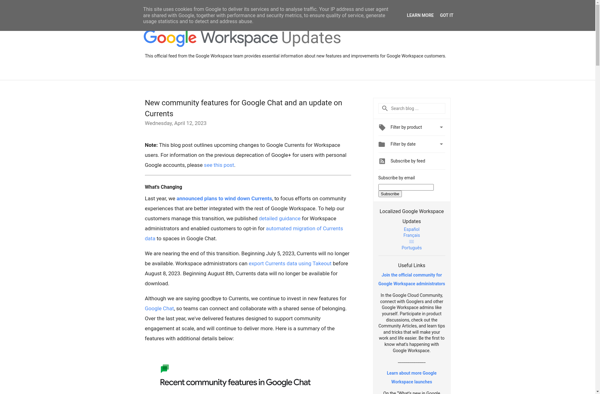
Google Plus: Social Networking Platform
Google Plus is a social networking platform launched by Google in 2011. It allows users to interact with others by sharing posts, photos, links, events, video chats, and more. It is integrated with other Google services like Gmail and YouTube.
What is Google Plus?
Google Plus (also known as Google+) is a social networking and identity service launched by Google in June 2011. It is Google's fourth foray into social networking, after Google Buzz (2010), Google Friend Connect (2008), and Orkut (2004).
Google Plus allows users to interact with others by sharing posts, photos, links, events, video chats, and more. It is tightly integrated with other Google services like Gmail, YouTube, and Google Photos for seamless sharing abilities.
Some key features of Google Plus include:
- Circles - Allows users to organize contacts into groups or circles for more targeted sharing
- Sparks - Shows posts and content based on users' interests and who they follow
- Hangouts - Allows group video chats with up to 10 people
- Events - Allows users to organize events and invite others
- Communities - Public and private spaces for users to share based on common interests
- Photos and videos - Provides automatic uploading and enhancement of photos and videos
At its peak usage in 2013, Google Plus had over 540 million monthly active users. However, due to lack of meaningful user engagement and data privacy issues, Google decided to shut down the consumer version of Google Plus in April 2019, keeping only the enterprise version active.
Google Plus Features
Features
- Circles for organizing contacts
- Hangouts for group video chat
- Communities and Collections for sharing interests
- Events for planning activities
- Mobile apps for Android and iOS
- Photo sharing and editing tools
- Public posts and private messages
- Built-in games
Pricing
- Free
Pros
Cons
Official Links
Reviews & Ratings
Login to ReviewThe Best Google Plus Alternatives
Top Social & Communications and Social Networking and other similar apps like Google Plus
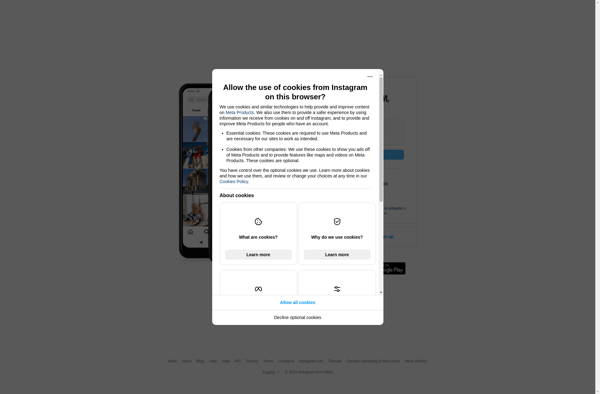
Flickr
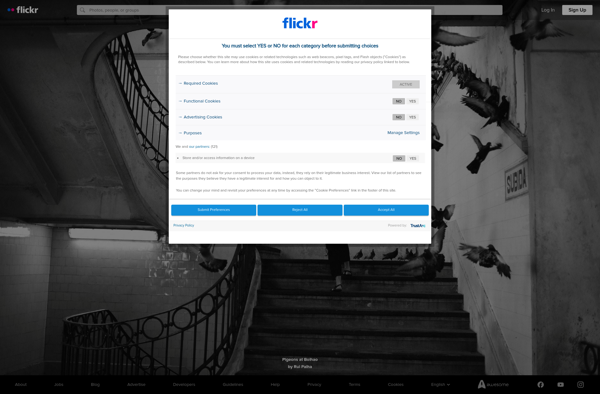
Tumblr
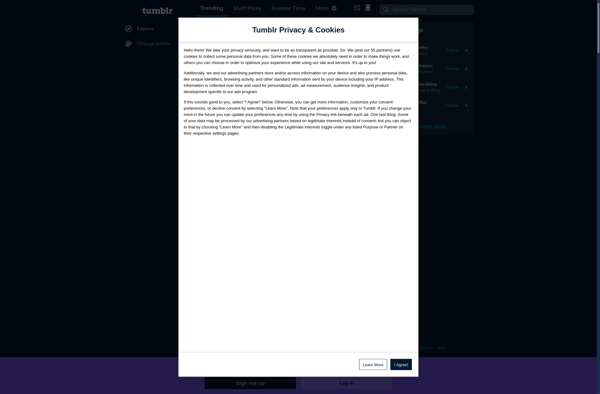
Gab
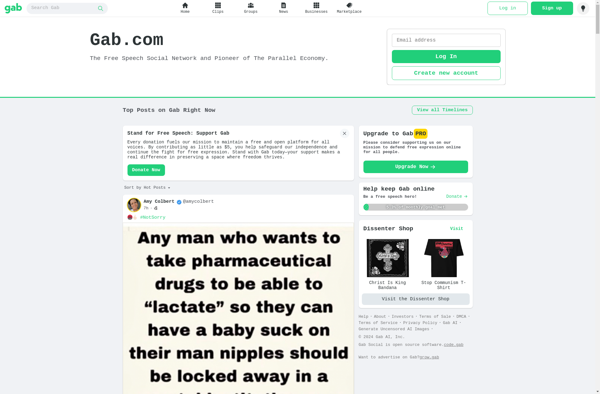
Mastodon
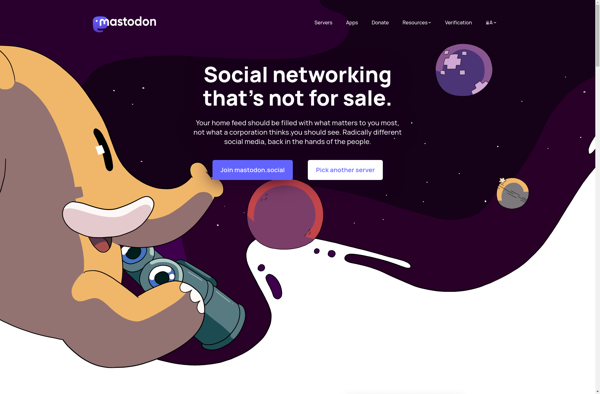
Minds
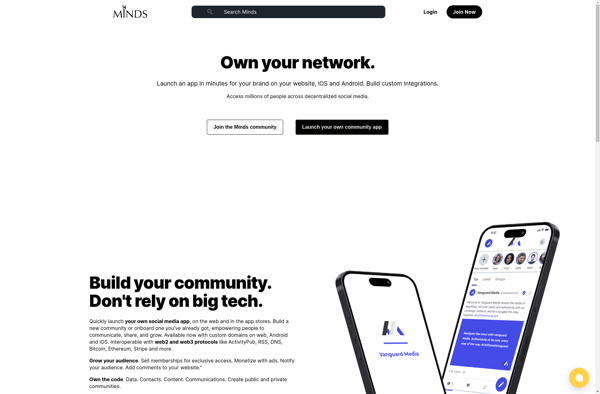
Diaspora
